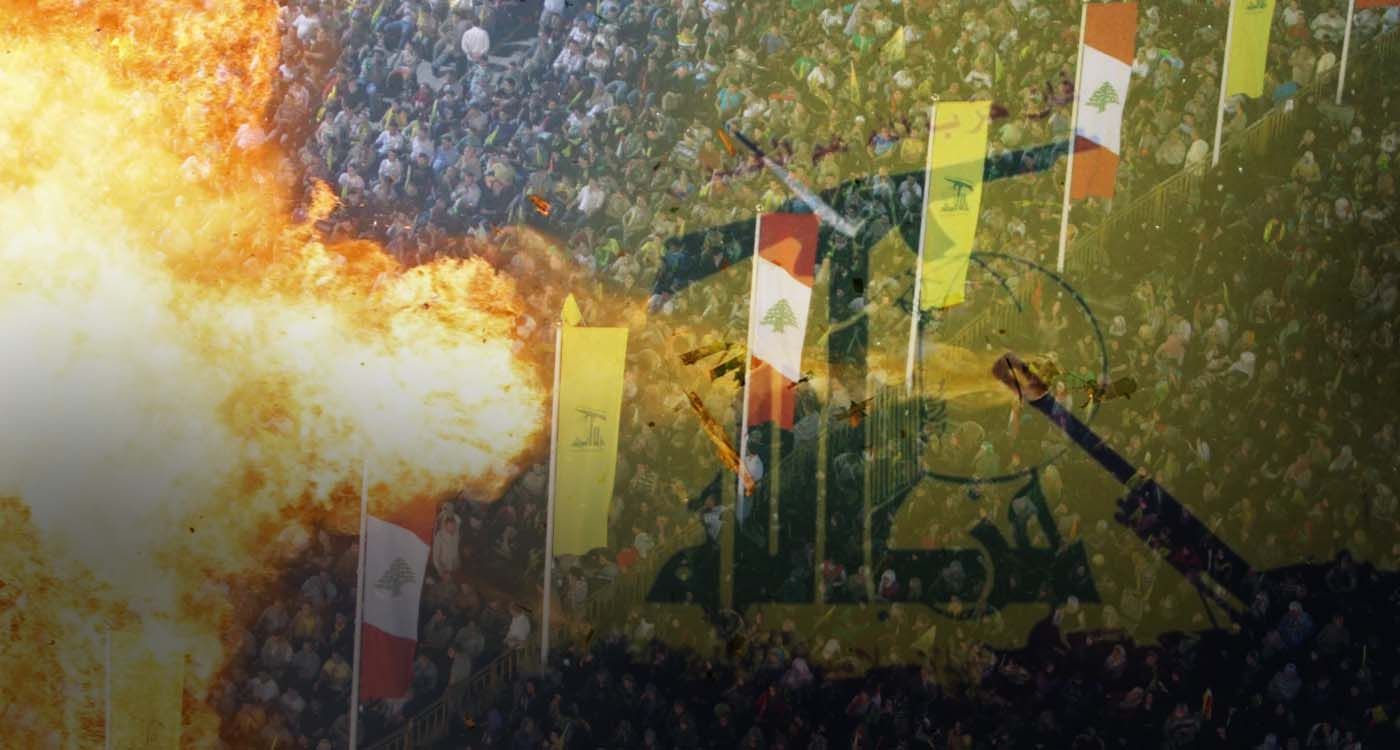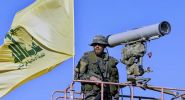
Hezbollah continues to maneuver under the weight of periodic foreign pressure, and the discourse of its remaining leadership around disarmament is beginning to shift.
At the outset of the conflict, the party maintained an unyielding stance, categorically rejecting any discussion of surrendering its weapons and insisting that the aggression it faced placed the entire cause in jeopardy. But the major defeat it suffered last October and the wave of political setbacks that followed—from the presidential elections to the formation of a government without a blocking third or exclusive Shia leverage—have marked a turning point.
At the heart of this crisis lies the question of the weapons themselves, which have proved ineffective in protecting Lebanon, incapable of deterring Israel and beyond Iran’s capacity to sustain in the wake of recent blows.
Ultimately, the Amal-Hezbollah duo has faced defeat on every front in recent months, unable to assert its will in any of these outcomes. US envoy Tom Barrack has now arrived in Lebanon with his latest initiative, proposing that Hezbollah surrender its weapons by the end of November.
The international consensus is clear: there is no longer any place for a Middle East anchored in Iranian-armed proxies—first among them Hezbollah, positioned at the front lines.
Yet, Hezbollah remains adept at buying time, clinging to the hope that circumstances might eventually shift in its favor, though such a reversal appears increasingly remote. Its latest maneuver is a proposal to hand over half of its arsenal, specifically long-range missiles and drones, while retaining light and medium weapons under the pretext of deterrence.
This strategy, aimed at outmaneuvering Washington and the broader international community, convinces no one in positions of power. It is, above all, an attempt to save face after a military defeat Hezbollah now seeks to reframe as a political opportunity.
The weapons Hezbollah insists on preserving for defense against potential aggression are, in reality, arms that should fall under the authority of the Lebanese Army. If they are merely light or medium weapons, what justification remains for a single party to maintain a private arsenal while all other political parties are denied such privileges—or, in Hezbollah’s logic, the right to resist aggression themselves?
The party persists in its defiance, floating trial balloons like the plan leaked to Reuters, most likely intended to gauge reactions and buy more time.
The equation that once sustained Hezbollah has collapsed. And if this collapse is not resolved through a negotiated settlement, there are already forces in the region working to redraw the map, potentially restoring it to its contours before Greater Lebanon.
What loss could be greater for Hezbollah and for Lebanon’s Shia community? It is a question worth serious reflection, in the hope of limiting the damage to the bare minimum.



Comments